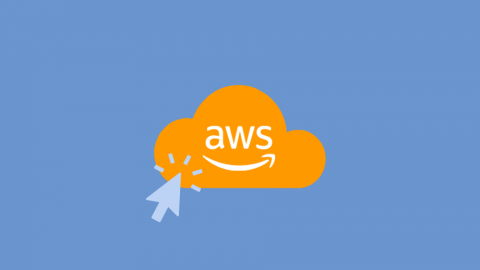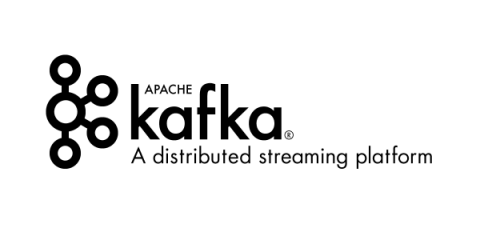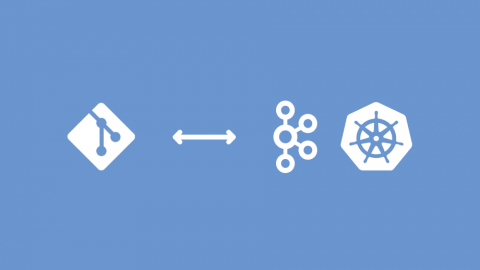Deploy turn-key DataOps for AWS MSK
Running your own Kafka is starting to feel like wading through oatmeal. We’re not the only ones thinking that. The majority of organizations we speak to have or are in the process of moving their Kafka to a managed service. If you’re already an AWS-shop, Managed Streaming for Apache Kafka (MSK) is a no-brainer. It is the same Kafka that we know and love and integrated with other AWS services such as IAM, Cloudwatch, Cloudtrail, KMS, VPC and more.











